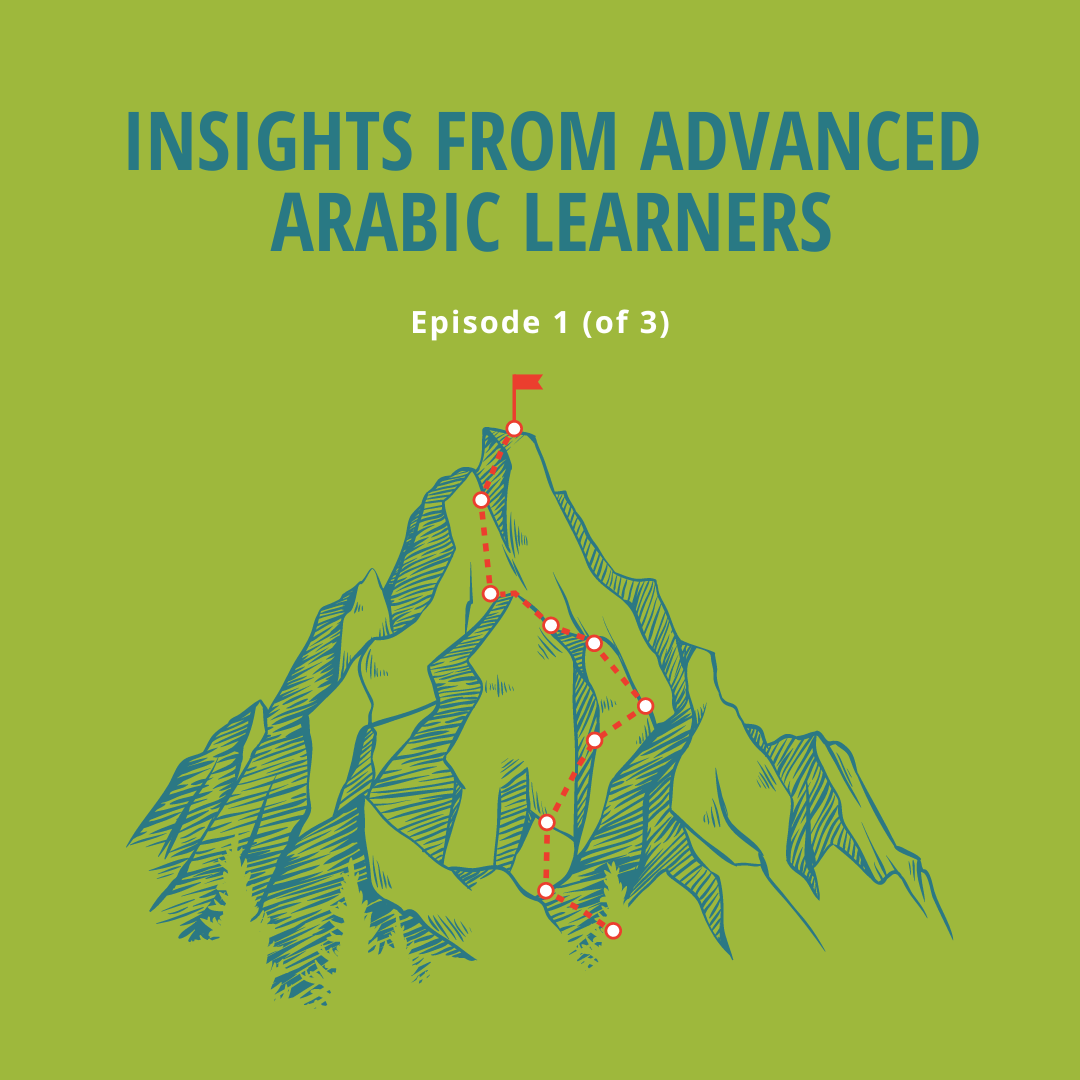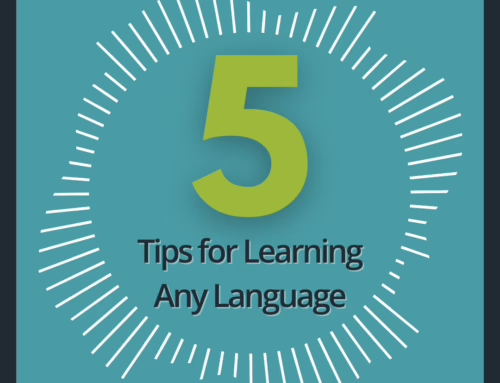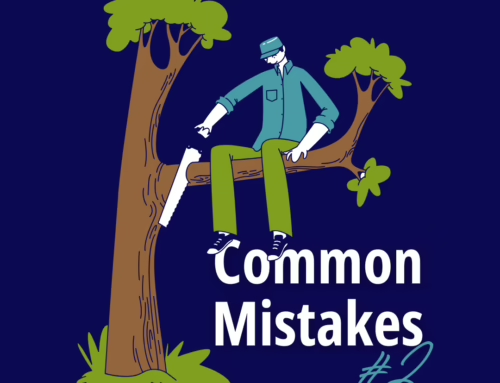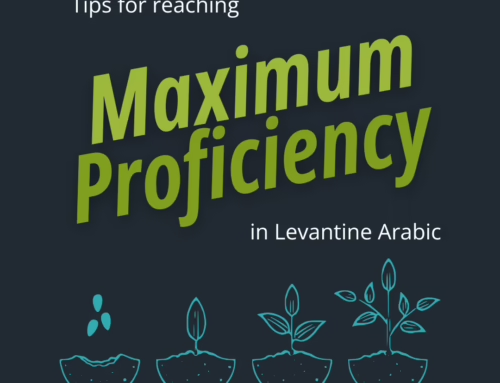Insights to Becoming an Advanced Levantine Arabic Speaker
Are you grappling with the intricacies of advancing your proficiency in Levantine Arabic? If so, you’re not alone. In a recent panel discussion led by Jennifer, a group of seasoned learners shared invaluable insights and strategies gleaned from their collective experiences. This discussion was recorded and divided into three separate podcast episodes. Listen to the podcast episode above to get the first portion of this helpful conversation. Be sure to subscribe to be notified of future episodes.
Additionally, here’s a breakdown of some key takeaways from the first portion of the discussion:
1. Setting Motivated Goals:
Know the why. What is the reason you want to learn Arabic? Kristen, a medical professional, wanted to be able to speak directly to patients without the need for a translator. Katie, who has dedicated over 1000 hours to her Arabic studies, stressed the significance of understanding the people she lives among as her primary motivation. She underscored the importance of building trust and meaningful connections with Arabic speakers, driving her towards an advanced level of proficiency.
2. Strategic Approach and Support System:
David emphasized the need to set achievable goals and break down the learning process into manageable steps. The goal of ‘learning Arabic’ can be daunting. However, if it is divided up into smaller, time-bound, achievable goals, progress can be made quickly. Supported by Fred, who highlighted the crucial role of a robust support network consisting of friends, family, and mentors, they emphasized the necessity of perseverance and realistic expectations in the learning journey.
3. Immersive Learning Environments:
David shared his experience of maximizing learning opportunities in situations he finds enjoyable, which, for him, are settings in which he can play sports with Arabic speakers. He emphasized the benefits of consistent practice, especially in group settings, where learners can accelerate their progress and gain confidence through active engagement.
4. Resourcefulness and Persistence:
Katie and Jennifer echoed the sentiment that dedication and resourcefulness are key to overcoming challenges in the learning journey. There is a certain “stubbornness” that is needed if someone wants to become an advanced Arabic speaker, particularly in an environment where many people speak English. They emphasized the importance of celebrating small victories and cultivating a positive mindset to sustain motivation and progress.
5. Cultivating Correction-Oriented Friendships:
Kristen highlighted the value of forming friendships with Arabic speaking peers outside of formal learning environments. These friendships can offer a unique opportunity for language learners to receive constructive feedback and correction in a supportive setting. By actively seeking out friends willing to provide correction, learners can accelerate their language acquisition and deepen their understanding of colloquial Arabic expressions. Kristen’s experience underscores the importance of humility, a willingness to make mistakes, and eagerness to be corrected as essential attributes for language learners on their journey to proficiency.
6. Celebrating Progress:
The panelists concluded this first portion of the discussion by emphasizing the need to celebrate progress and acknowledge the journey’s milestones. By setting realistic goals, cultivating a supportive community, and actively engaging with the language in diverse contexts, learners can take strides toward fluency and deepen their understanding of Arab culture and society.
The journey to mastering Levantine Arabic demands perseverance, dedication, and a strategic approach to learning. The advice and insights of seasoned learners like Katie, Kristen, Fred, and David, offer aspiring learners suggestions on h0w to navigate the challenges and embrace the rewards of Arabic proficiency.
Be sure to subscribe to the podcast so you are notified when the next portion of this discussion is published.





